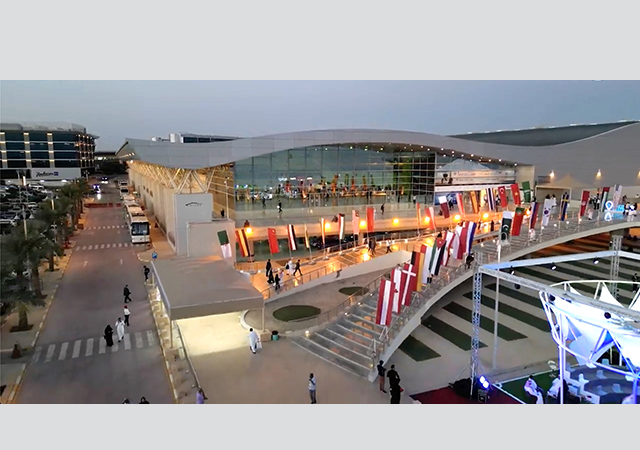
 Qatar Steel ... a regular exhibitor at gulfBID.
Qatar Steel ... a regular exhibitor at gulfBID.
In line with its commitment to meet the growing demand for steel in the region, Qatar Steel Company (QSC) is in the midst a series of initiatives aimed at increasing its production capacity.
The ongoing modernisation and technically-advanced expansion projects are designed to produce world-class products, which will further enhance the company’s presence in the world of steel production.
“Our expansion plans will take our annual production of DRI (direct reduced iron) to 2.3 million tonnes, molten steel production to more than1.5 million tonnes and rebar to over 1.5 million tonnes in Qatar,” says a marketing communications spokesman for the leading steel manufacturer in the Gulf, which is a regular participant at regional exhibitions such as gulfBID, a premier interiors and construction expo held annually in Bahrain.
“Similar investments have been made in Dubai to increase production of existing wire rod mills from 180,000 tonnes to 240,000 tonnes and rebar from 50,000 tonnes to 300,000 tonnes through the installation of a new bar mill,” he adds.
Qatar Steel specialises in manufacturing high-yield deformed steel bars (or rebar), ranging from 10 mm to 40 mm in diameter and 12 m in length. Today, the firm is widely recognised as a premium brand in the league of steel industry in the GCC. It also offers steel billets and wire-rods. Its deformed bars conform to various national and international standards such as QD30/QD43/QD47 (Qatar), BS 4449: 1997 Grade 460 B (British) with the Cares mark, SSA 2/1992 (Saudi high tensile), ASTM A615 Grade 40/Grade 60 (American) and JIS G3112 SD 295 A (Japanese).
High-quality steel billets, used to make bars, are manufactured as per international standard including ASTM, JIS and CNS at options of 130 by 130 mm and 150 by 150 mm and ranging from 3 m to 12 m in length. Wire-rods are available in sizes of 5.5 mm to 12 mm, in 0.5 mm increments while rebar in coils is offered in 8.0 mm to 12 mm, in 2.0 mm increments.
“We manufacture high-strength reinforcing bars by exclusive micro-alloying with vanadium. As part of our innovative technology and in order to remain cost-effective, niobium was introduced successfully to improve the strength and durability of our steel reinforcing bar. A ladle furnace ensures greater homogeneity of steel, resulting in greater uniformity of the mechanical properties and chemical compositions of our reinforcing bars. A thermo-mechanical process has also been successfully executed to produce reinforcing bar of varying standards in the recently commissioned new rolling mill improving on cost efficiency,” he comments.
In view of the price fluctuations in the market, Qatar Steel signed a long-term contract of affreightment (COA – 2008 to 2017) last October with Cargill International to ensure the stability the freight cost for basic raw materials in volatile situations. The agreement covers the transportation of iron ore pellets from the Brazilian and Swedish Ports to Mesaieed, Qatar.
Founded in 1974, QSC is the first integrated steel manufacturing plant in the Arabian Gulf, with expansive mill site located in the heart of the Mesaieed Industrial City, 45 km south of the nation’s capital, Doha. Steel production commenced in 1979 and later in 1997, the company became wholly owned by the Government of Qatar. The first rolling mill installed by Qatar Steel in 1978 has a capacity of 600,000 tonnes per year (tpy) for plain and deformed bars. It was followed by a high-speed finishing bar mill (HSFBM) commissioned in 1999, which increased the capacity of the rolling mill to 740,000 tpy. Finally, a new bar rolling mill was commissioned last year, with a capacity of 700,000 tpy of bars, bringing cumulative capacity to 1.44 million tpy. It is capable of rolling 8 mm to 40 mm diameter plain and deformed bars with an option to produce wire rod with a capacity of 650,000 tpy in the future. The plant includes all related materials handling facilities, auxiliaries, electrics, utilities and services.
QSC plant facilities currently include a Midrex-process-based DRI/HBI (hot briquetted iron) combo mega module that uses premium grade iron ore pellets with a state-of-the-art process control system to monitor and control all process parameters using a centralised automation system. There are also electric arc furnaces with a ladle refining furnace, a continuous casting plant and rolling mills with the latest automated features. Other auxiliary in-house facilities include well-equipped jetty facilities, a main power substation, a quality control centre, maintenance shops and facilities for sea/fresh water, compressed air, natural gas and a clinic.
The plant, along with its offices, occupies an area of 707,000 sq m, adjacent to which is a further 375,000 sq m plot reserved for future developments. The company has a total employee strength of more than 1,650 of 12 different nationalities running the mill on a three-shift system.
The company also operates a UAE-based subsidiary in Jebel Ali Free Zone in Dubai, which was established in August 2003 to meet the growing demand for high-quality steel wire-rod products within the GCC as well as in the international markets.
Quality assurance
Consistent with Qatar Steel’s resolve of ensuring the quality of its products, reinforcing bars manufactured at facilities in Mesaieed and Dubai has received many prestigious accreditations, including JIS and UK Cares. The company is certified as a quality manufacturer and supplier of products conforming to BS 4449:1997 Grade 460B. It also has the capabilities of producing BS 4449: 2005 Grade 500.
Both QSC and its Dubai subsidiary have acquired the certificate of approval from the UK-based Certification Authority For Reinforcing Steels (Cares) for complying with the requirements of BS EN ISO 9001:2000 and the relevant Cares quality requirements for rebar in coils with 8 mm, 10 mm and 12 mm diameters belonging to Grade BS 4449 1997 and Grade 460B.
“The company is entitled to use the Cares mark on all its products,” he points out.
Qatar Steel has established a quality assurance system covering its entire operations, right from order placements by clients to shipment of products.
“All products including reinforcement bars and wire rods are manufactured from select raw materials with definite chemical compositions and of ensured quality. Inspections are conducted throughout the manufacturing process to ensure compliance to customer’s requirements. The company has also established quality control laboratories that are equipped with the latest testing and analytical instruments, such as an optical emission spectrometer, XRF, oxygen and nitrogen analysers and computerised testing machines,” the spokesman points out
Environment
Unlike scrap-based steel plants that face emission-control problems resulting from heavy metals and toxic chemicals, QSC’s plants comply with regulations that promote environmental care.
“Our production is based on DRI, which employs the cleanest raw materials and an external accredited laboratory has confirmed its ability to maintain very low levels of heavy metal and dioxin emissions,” he says.
QSC is migrating to the new environmental ISO 14001:2004 standards as another landmark move towards these globally-accepted environment standards.
“We succeeded in defining our communication with concerned parties, establishing an effective internal audit system and reviewing its performance with the top management. Our success has inspired us to proceed with the development of an integrated management system in the near future,” he adds.
In addition to spearheading its environment-friendly expansion plans, the environment section of QSC coordinates various projects with internal departments under an environment management programme. The company’s most significant environmental contribution is centered on diffusing dust emissions which, to a large degree, results from technology utilised in the 1970s. The revamping of its dust collection system in its existing facilities is within the scope of these projects. As a part of waste management, Qatar Steel continues to study various options for re-using/recycling its production waste. Palletising DR product dust and EF dust, recycling of refractory bricks and extracting iron from slag are some of the programme’s under progress.
“Through the promise of making steel matter, QSC will continue to strive not only to maintain, but, enhance its reputation by a process of continuous improvement in every area of its operations in the near future,” the spokesman concludes.


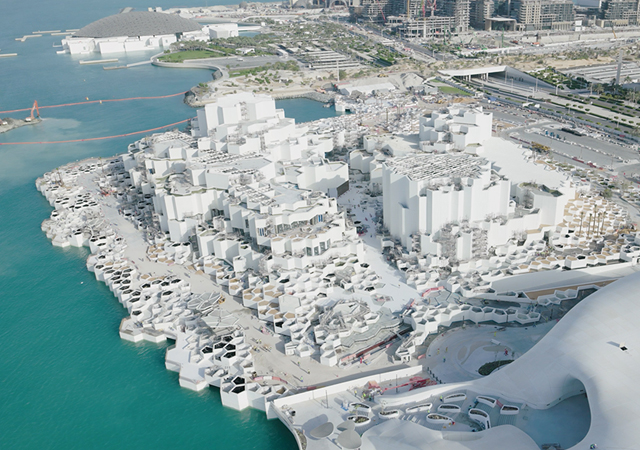
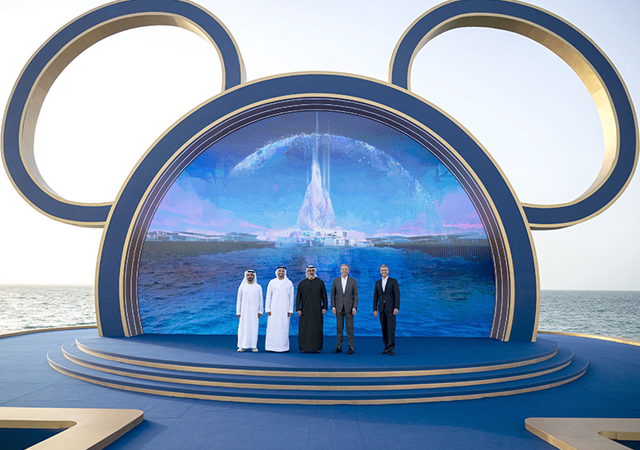
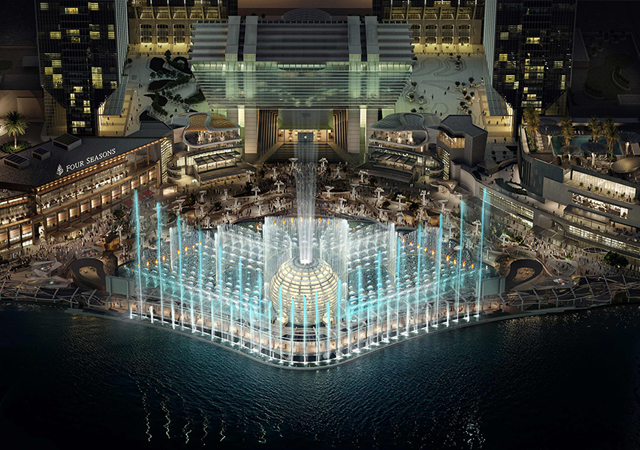
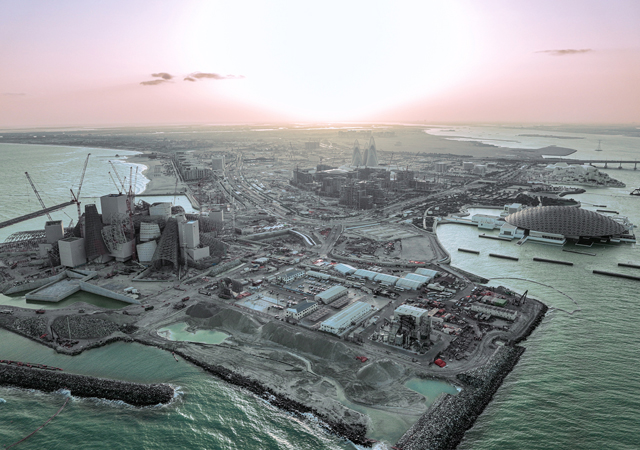
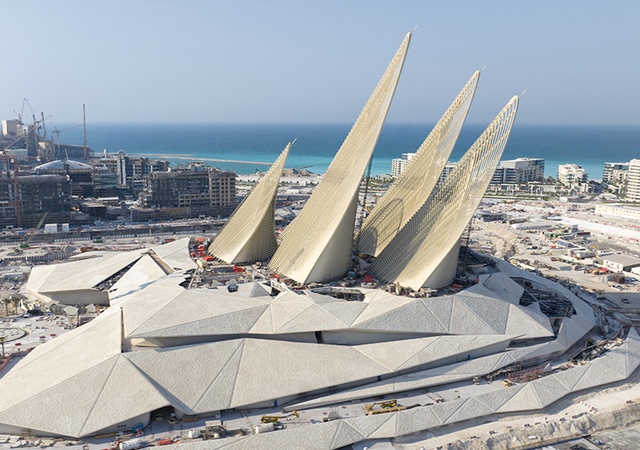
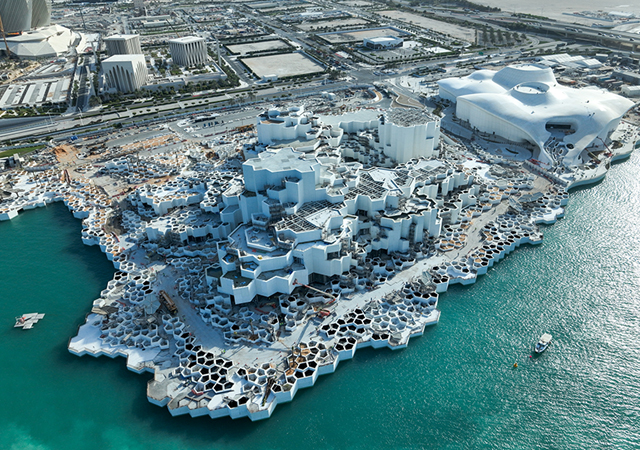
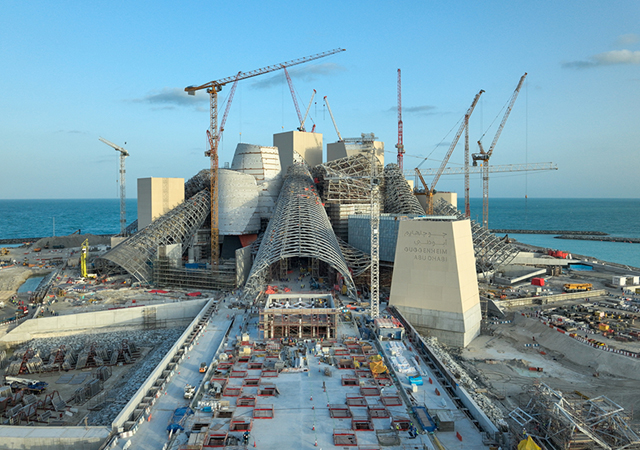
.jpg)
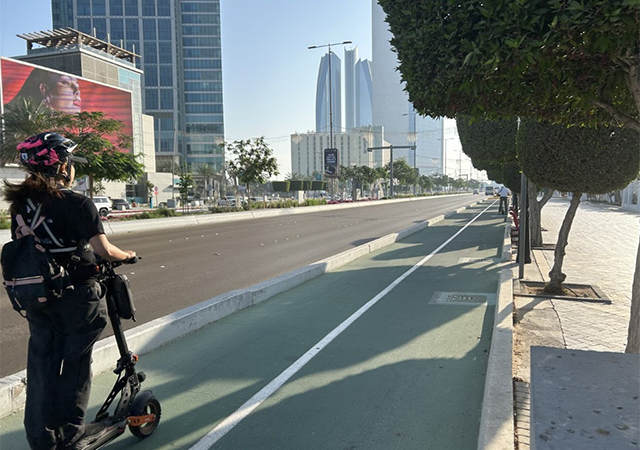
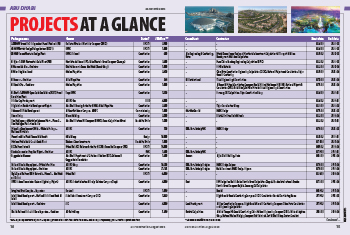

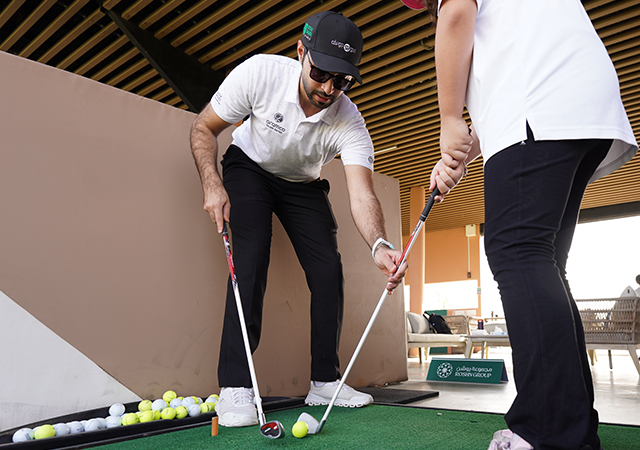
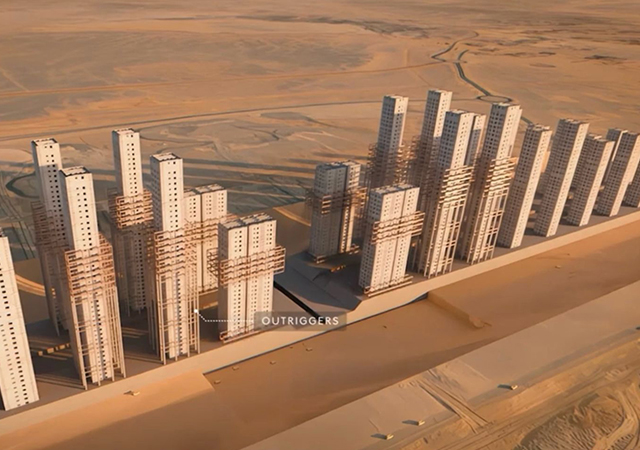
.jpg)
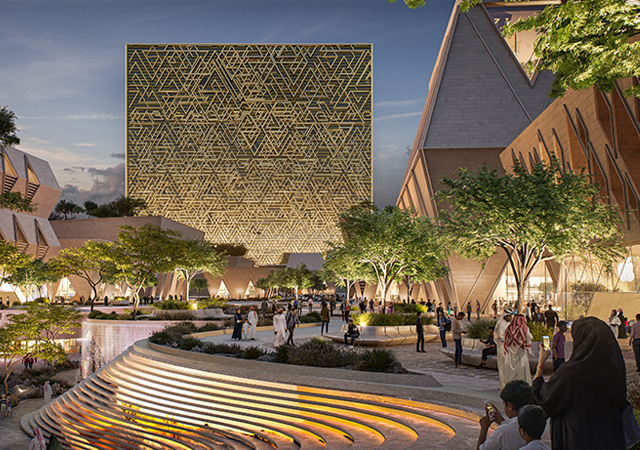
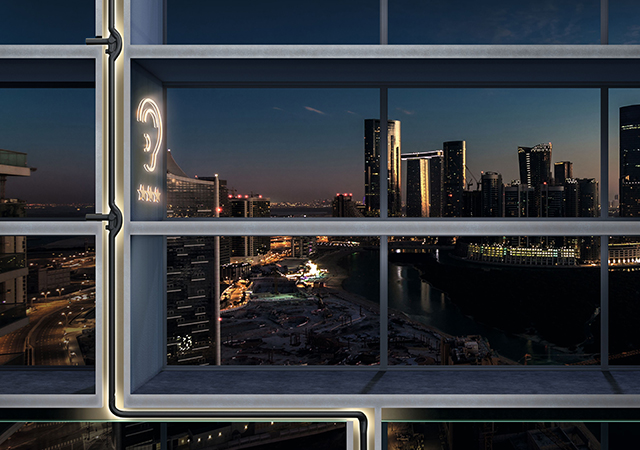
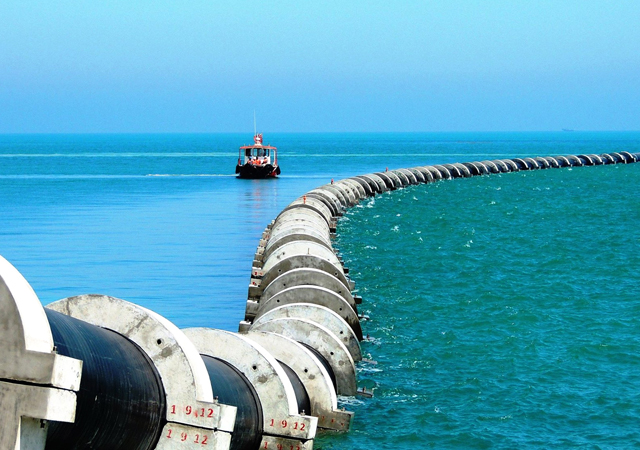
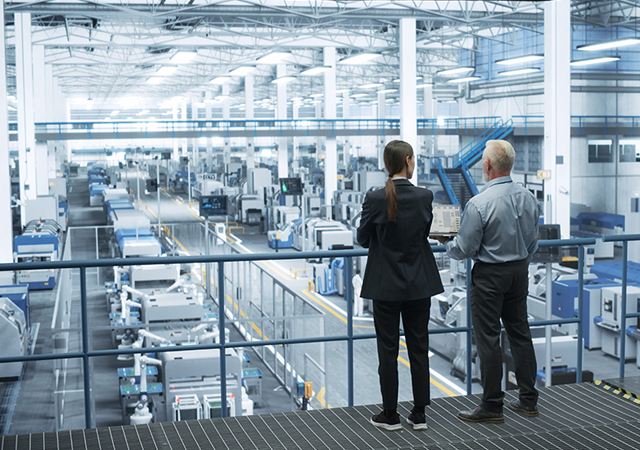


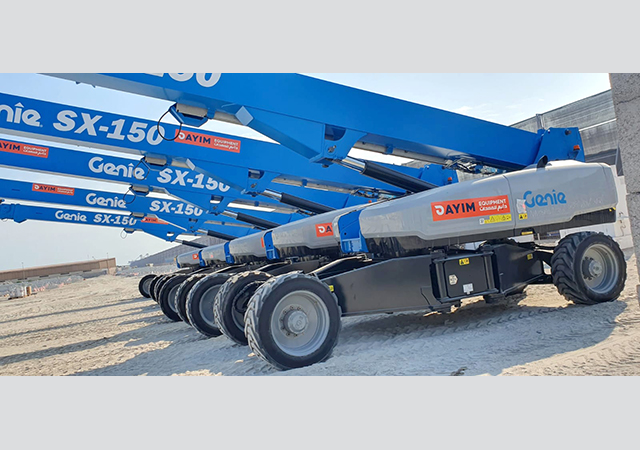
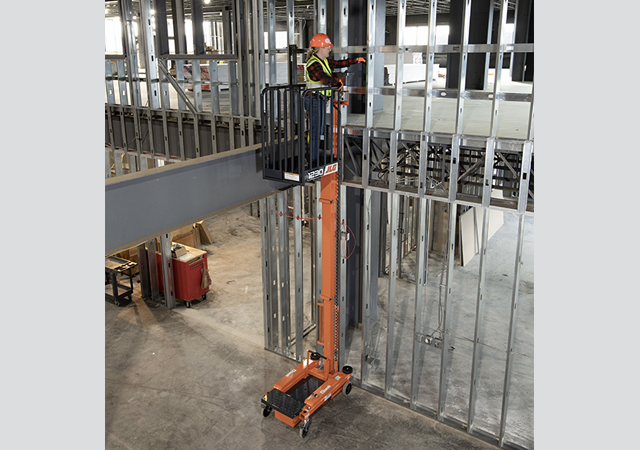
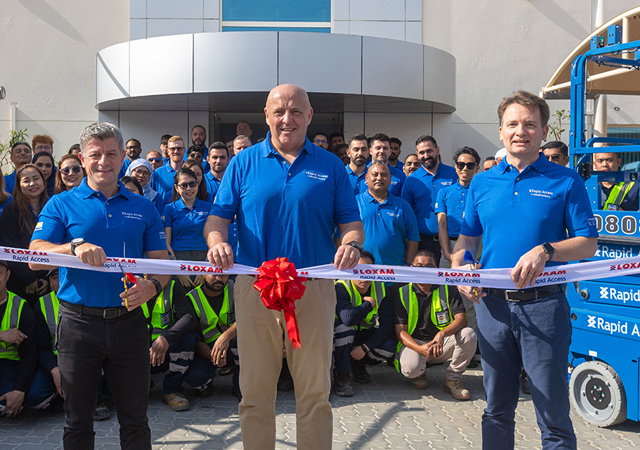
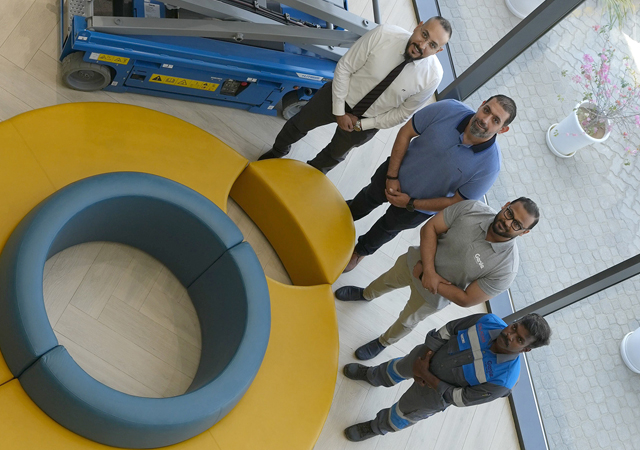
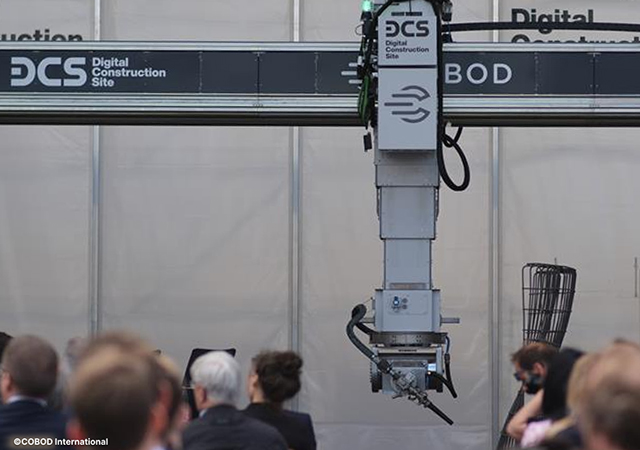
Doka (2).jpg)
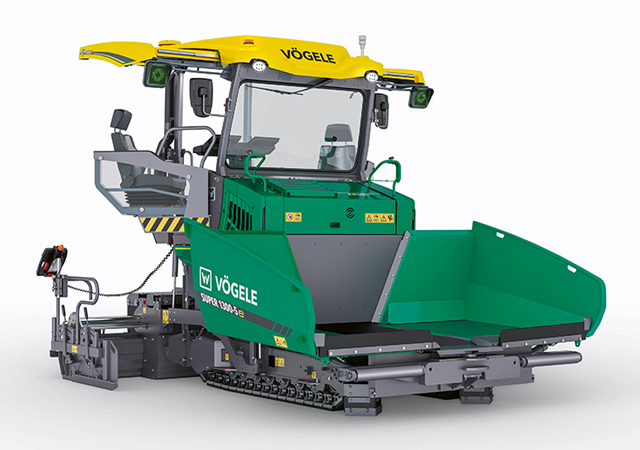


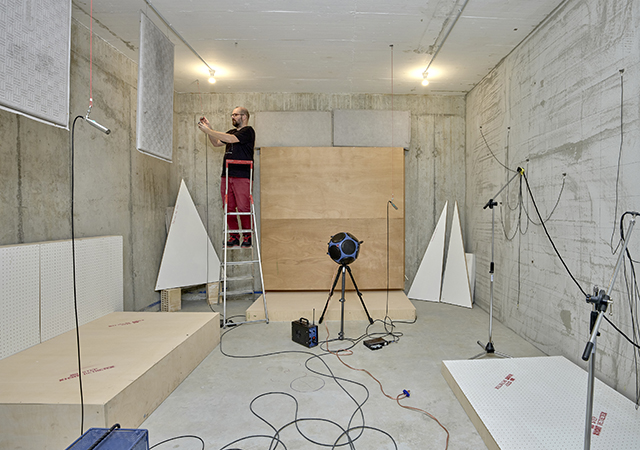
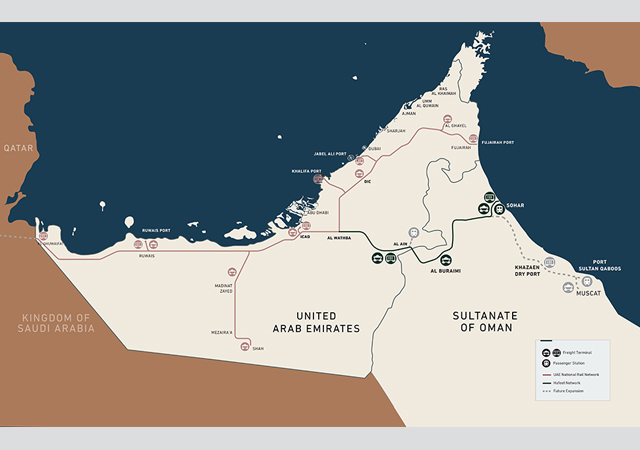
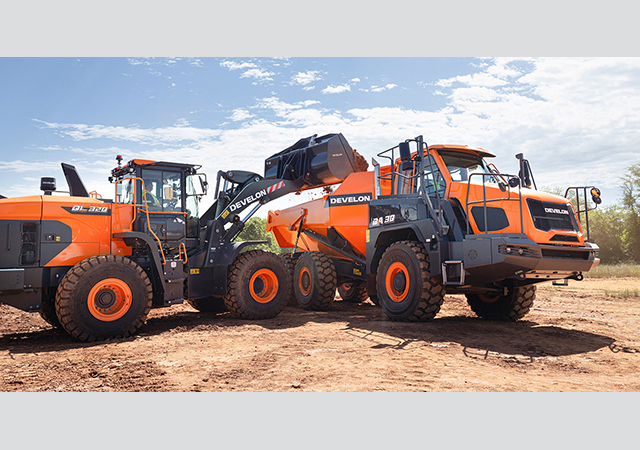
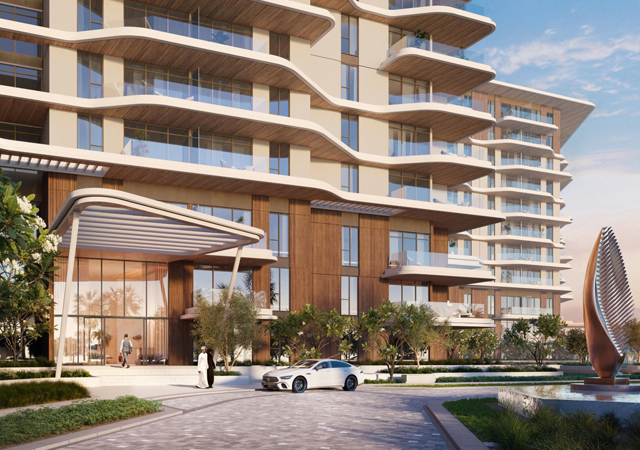

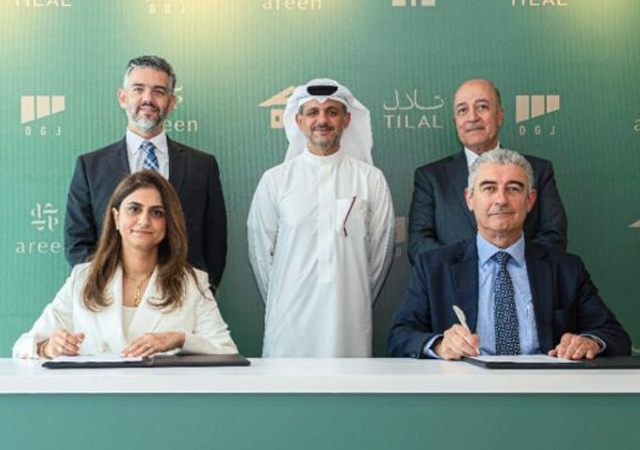
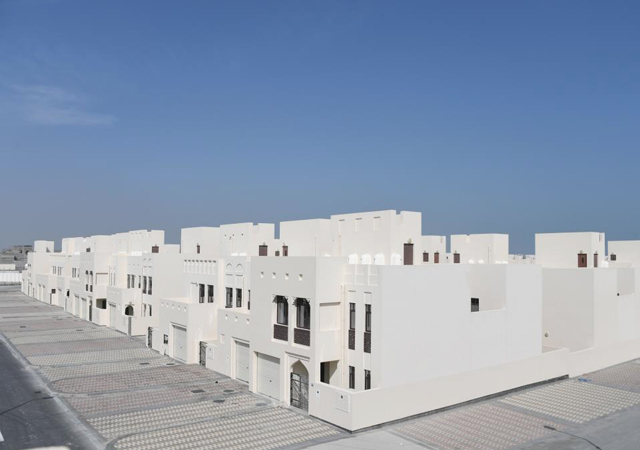
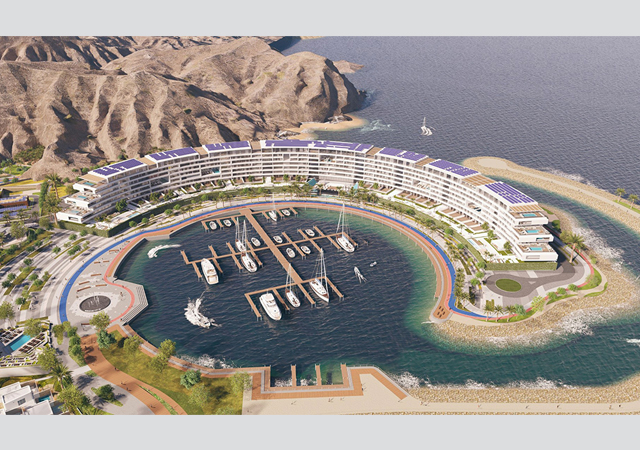
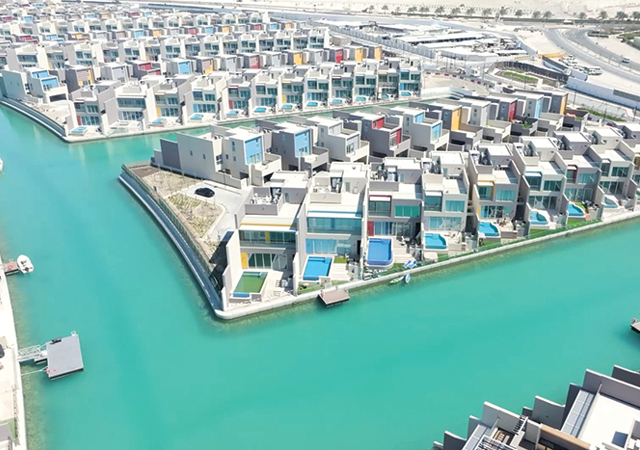
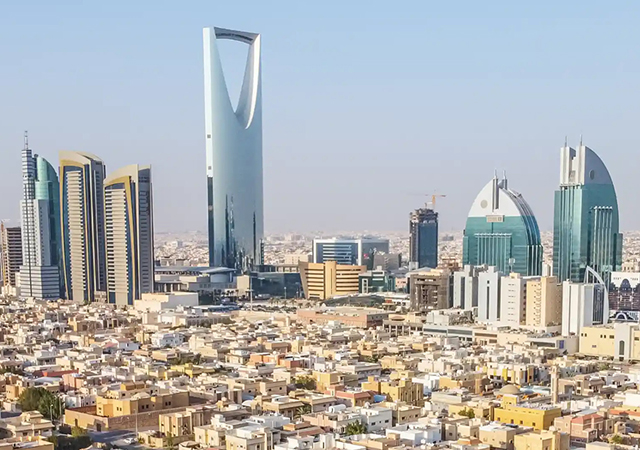

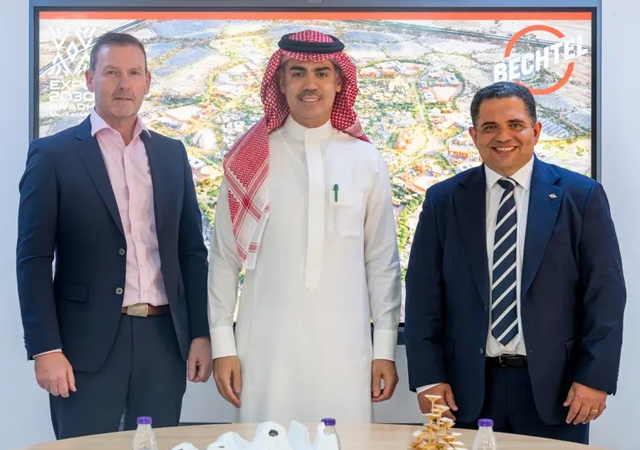
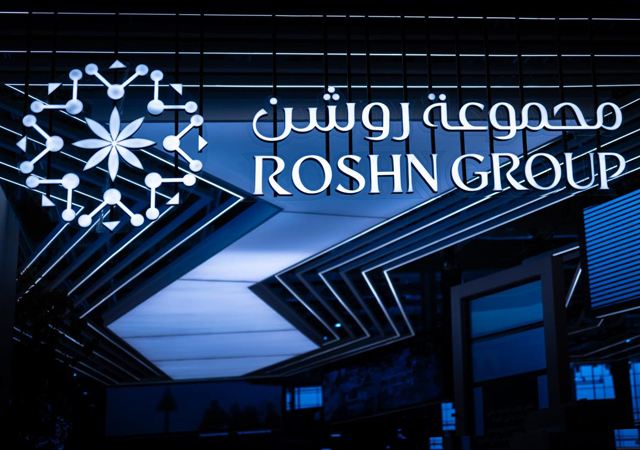
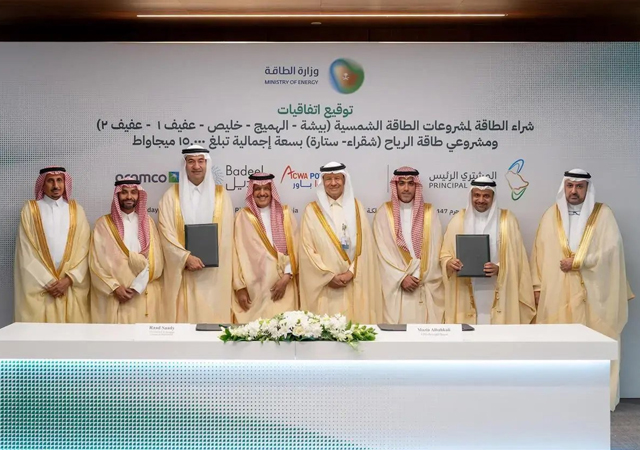
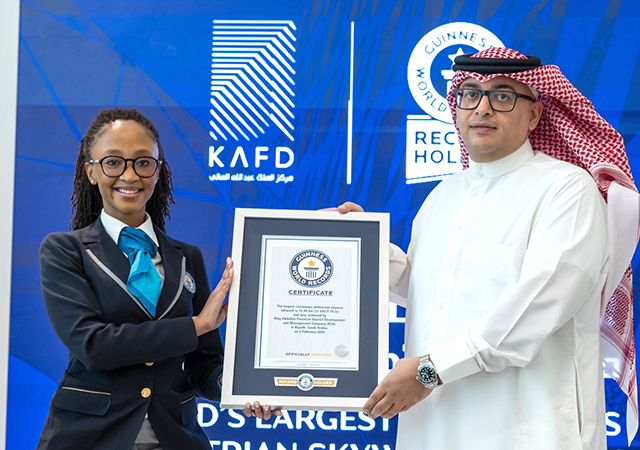
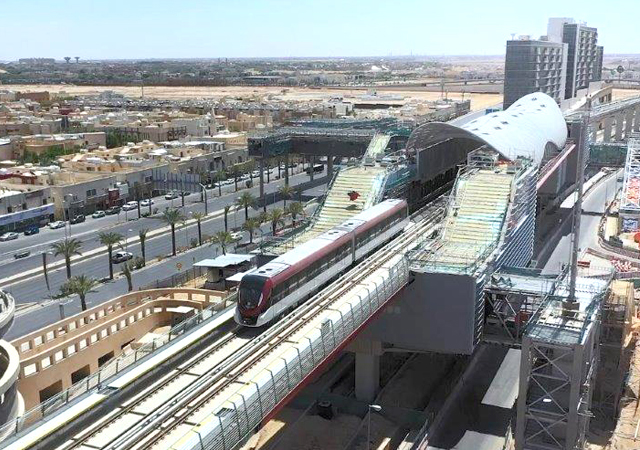
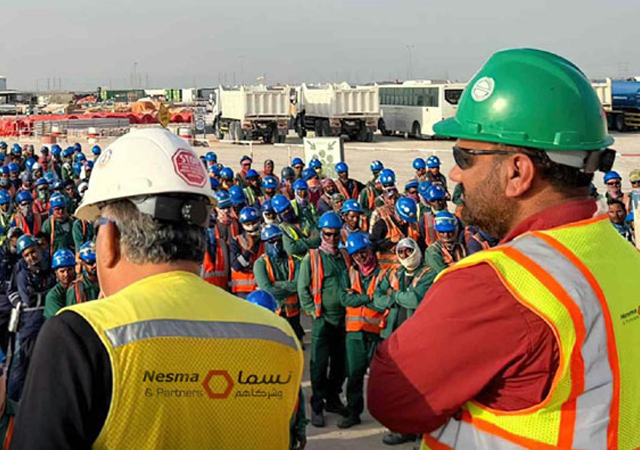
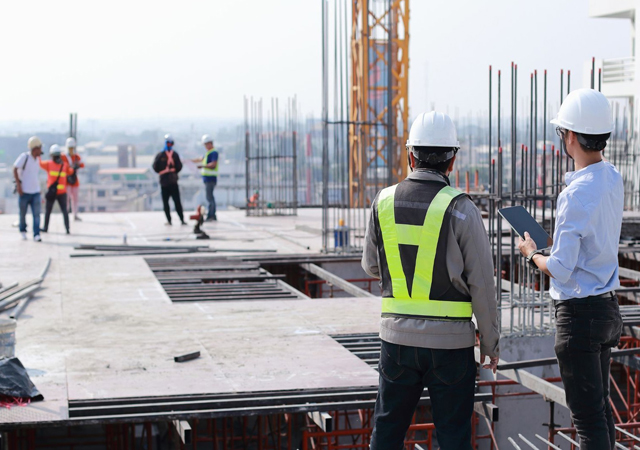
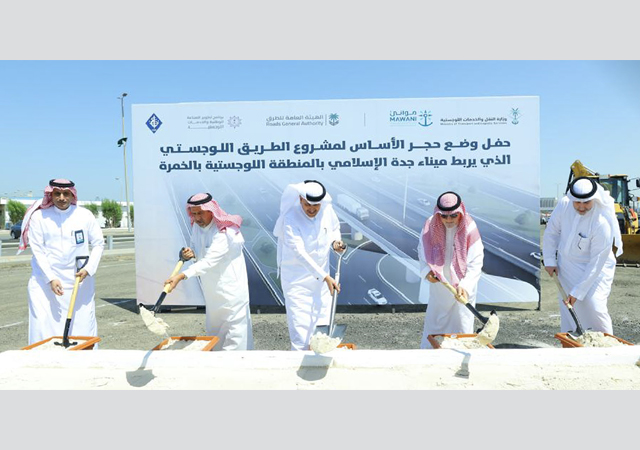


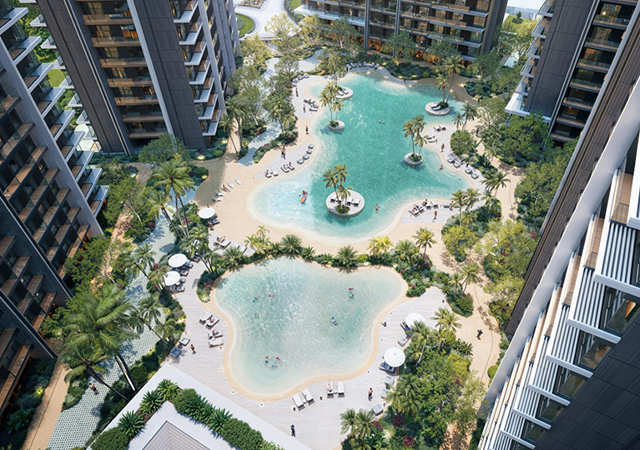
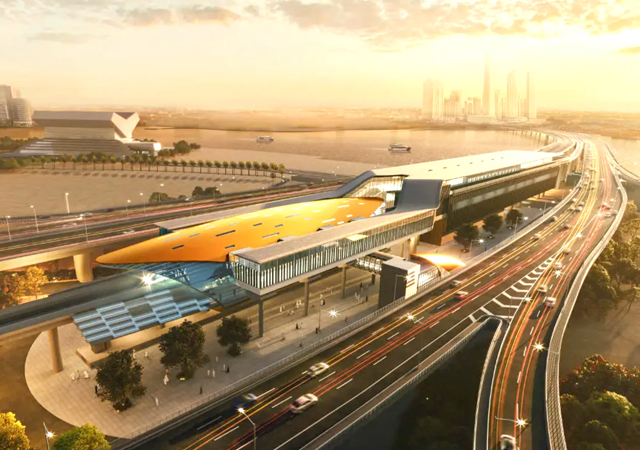
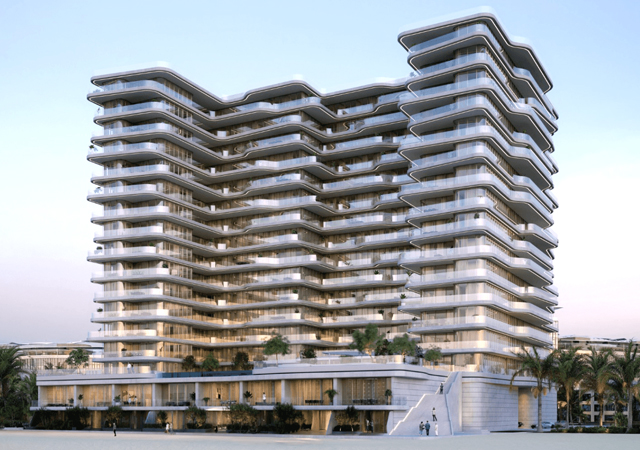
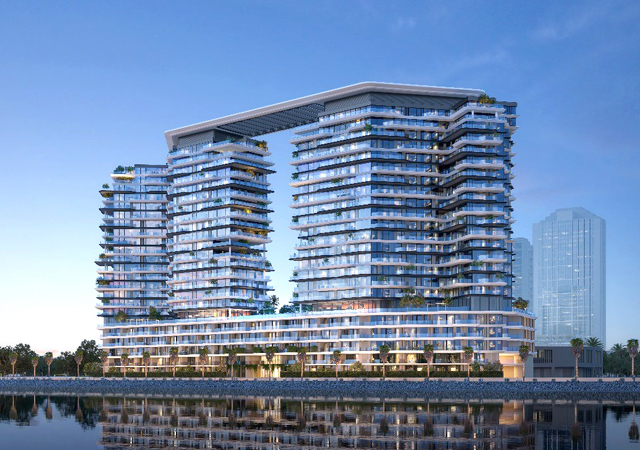
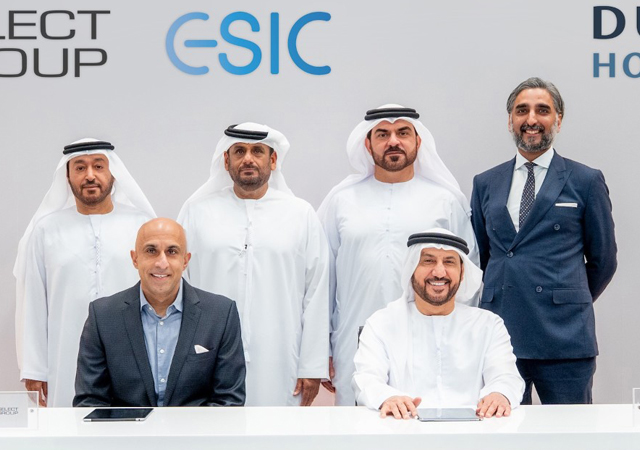
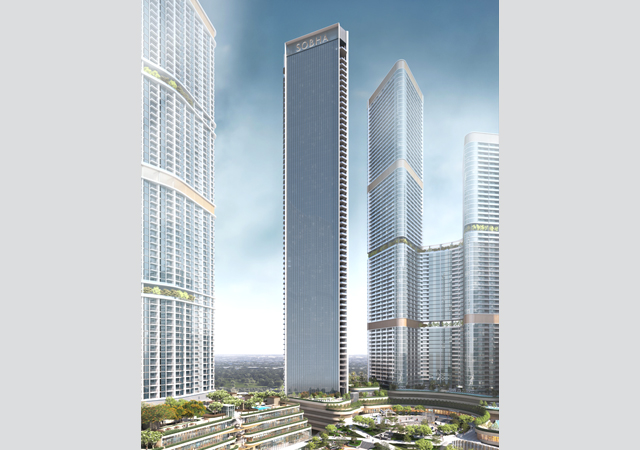
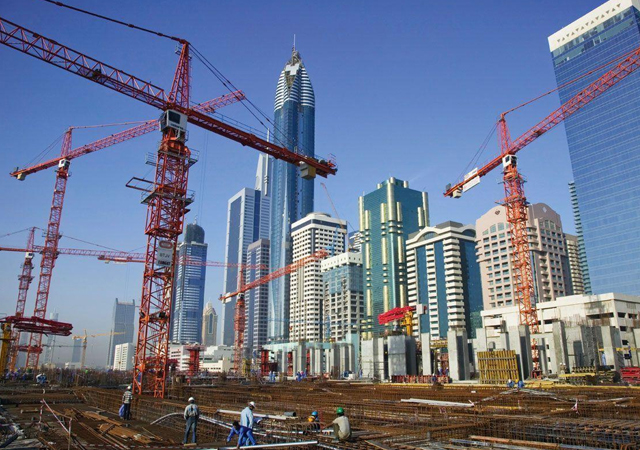
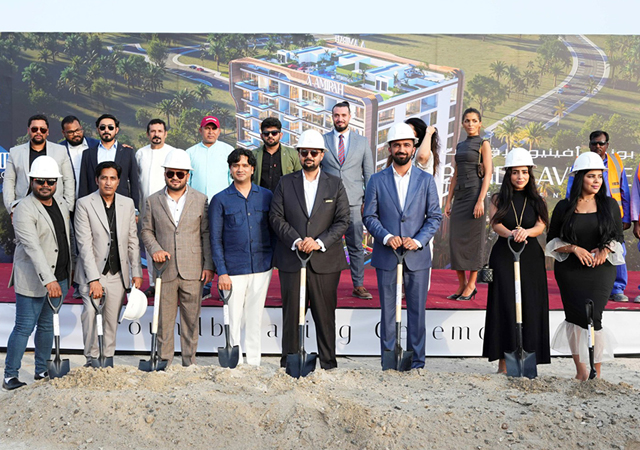

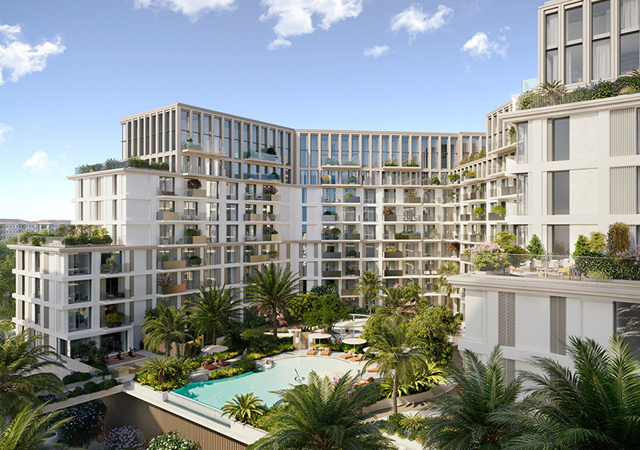
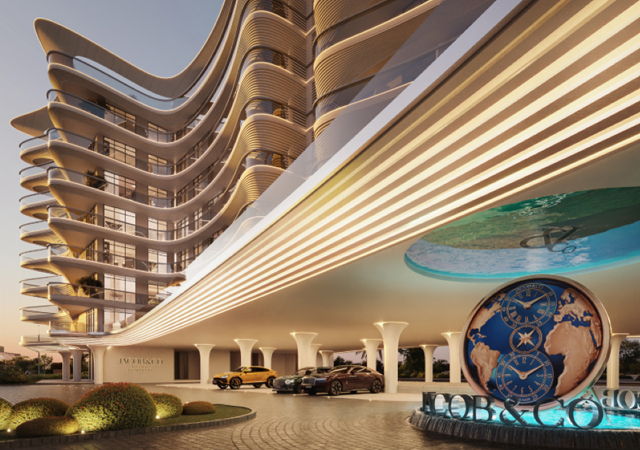
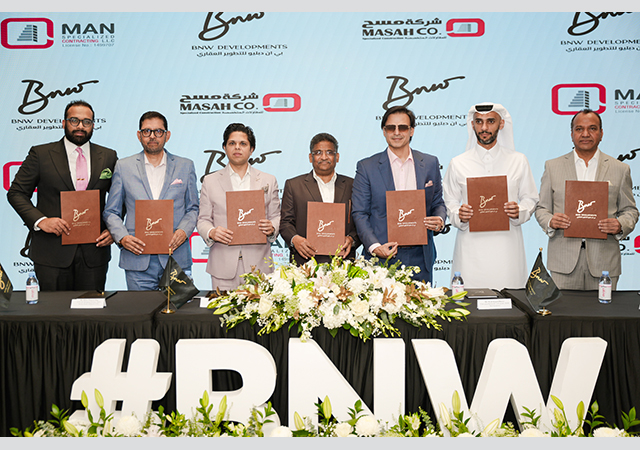
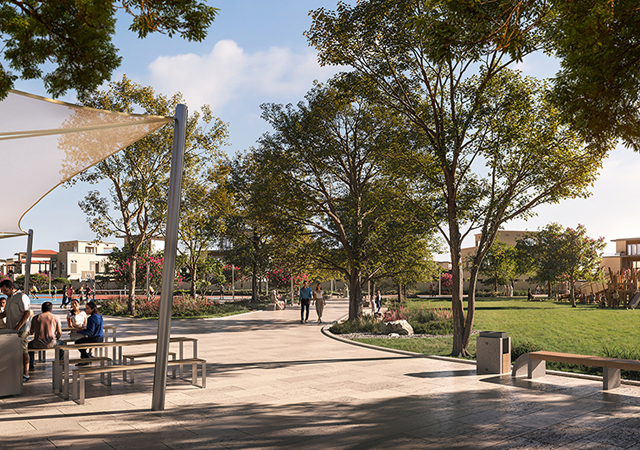
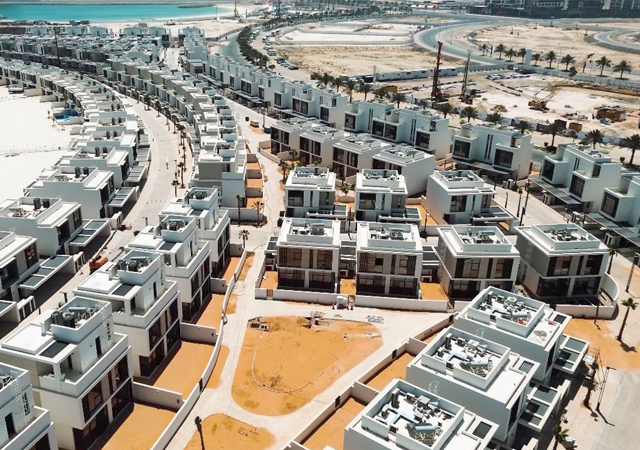
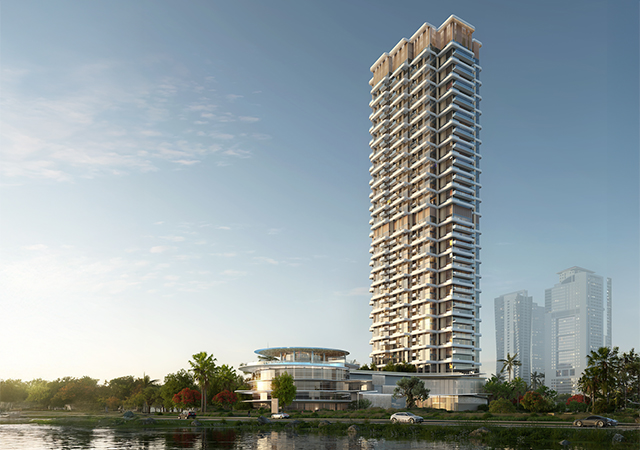
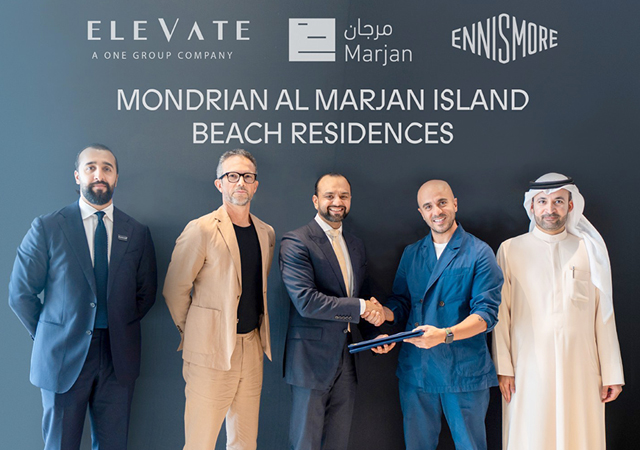
.jpg)
.jpg)
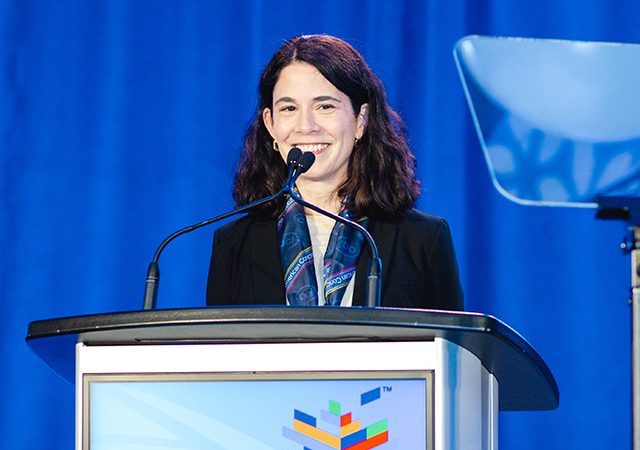
.jpg)
